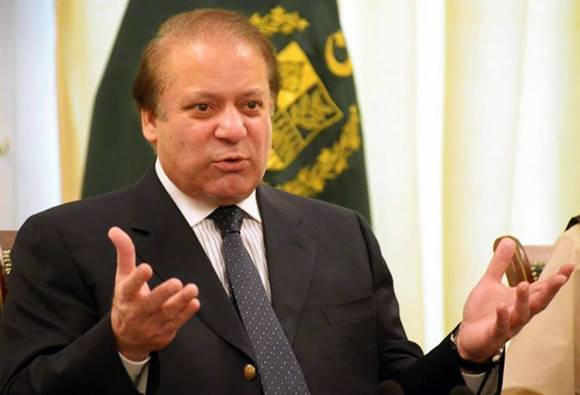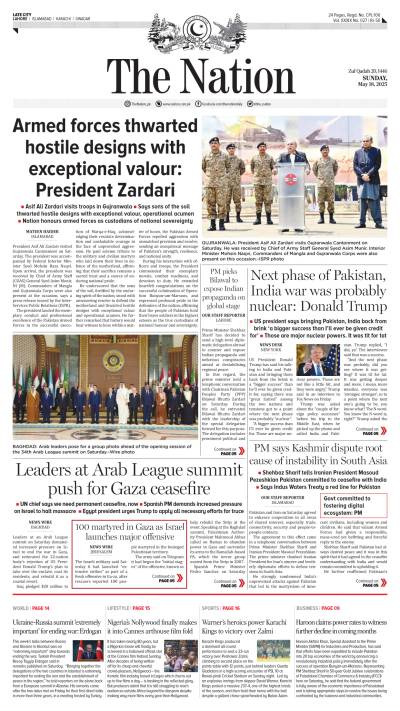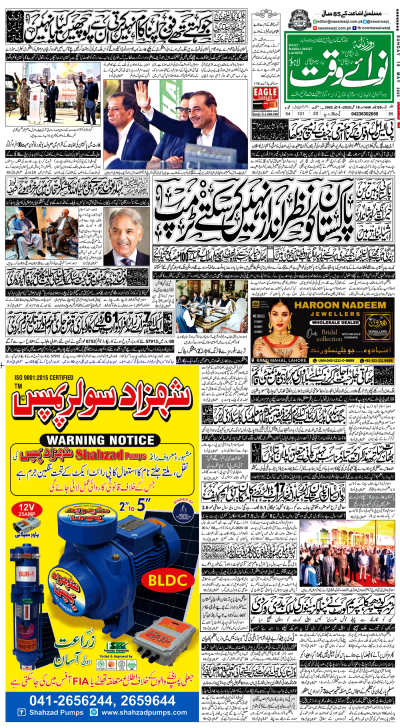It’s the edges of the maps that fascinate…” The Ministry of Home Affairs of the self-applauded biggest democratic state is fairly besotted with the subtext from the novel ‘The Bone Clocks’. Borders, on several occasions ensnare lawmakers into incongruity, contrary to legitimacy and probity – however, regrettably, statecraft is decorous dealing and not another David Mitchell novel. Severed from realism, the Indian “Geospatial Information Regulation Bill, 2016” is positioned to break in the Indian Parliament. It broadens the union’s boundaries to the states of ‘Arunachal Pradesh’ and ‘Jammu and Kashmir’, including Pakistan’s Azad Kashmir and Gilgit-Baltistan regions. Faintly flawed although; by the Hindutva ratiocination, shouldn’t Mother India pull out to the entire of Pakistan, Bangladesh and fractions of China, Nepal and Sri Lanka too? Tantalizing edges! Anyway, the projected legislation makes it unlawful for individuals and local and international geospatial mapping organisations to portray India’s map wrongly, forcing heavy fines approximating 1 billion Indian Rupees and detention of seven years for the alleged infringement. However, the postulation of India’s assertion of her prerogative to the whole of Kashmir is not shocking – whereas the lion in its neighborhood has been snoozing, India has been sticking to its guns.
Unsurprisingly, Pakistan put forward the canons of the tendentious bill to the United Nations Secretary General, referring to it as the “travesty of history, morality, international law and facts on the ground”. Resolution 47 of the United Nations Security Council has classified Kashmir as a ‘disputed’ territory in entirety, and declared that the accession of Jammu and Kashmir to India or Pakistan should be decided through the democratic method of a free and impartial plebiscite. This dictum, of late, has become a dirtied sound in New Delhi, which seeks cover in the Simla Agreement, opining that it overrules the UN resolutions and that the discord can only be considered a bilateral issue.
Not just disregard, but the desecration of human rights of the Kashmiris through excessive militarisation of the state demonstrates India’s denunciation of freewill of the populace. The disinclination to engage in dialogue on the subject is shrouded in terrorism accusations or sedition charges. The clamping down of an alternative discourse on Kashmir at the Jawaharlal Nehru University and the arrest of its Union’s President, Kanhaiya Kumar are the signs of the hyper-jingoism of the government and it’s onslaught on free speech. In an identical line up and in compliance with the Bharatiya Janata Party’s manifesto, the Geospatial Information Regulation Bill, 2016 aims to cap up questioning on the undecided position of the state of Jammu and Kashmir by controlling the delineation of India’s frontiers and chastising those that do not toe the line on to its principally deceptive and factually erroneous authorised version.
The developments in 2015 confirm the reluctance of India to move toward conciliation. This is particularly what led to the withdrawal of the National Security Advisor level talks between Pakistan and India last year. Barring Pakistani envoys from meeting with Kashmiri ‘separatists’ exposes India’s notion of likening the independence (which is their legitimate right) seeking public to dissidents. What India has to concede to is that negation of the problem is no way out, it is only impermanent bliss maybe. This is not to controvert the real obstacles of cross-border terrorism to the peace procedure; however, jumbling the Kashmir dispute and terrorism is far from sensible – the discreteness of the issues must be upheld for appropriate settlement. It is facile to impose one’s atlas or dictate the specifications of discussion on another sovereign country. A one-sided ruling on the clash is simplistic and inadmissible.
Matters of national importance cannot be dealt with timidly with readings from insubstantial papers. Some bargains are detrimental to crucial objectives. This is palpable from the speech Prime Minister Nawaz Sharif made at the United Nations General Assembly in September 2015. He did not call for a plebiscite under UN auspices or international arbitration to determine the disagreement; the mention of Kashmir’s struggle for autonomy was not followed by Pakistan’s usual diplomatic and moral support of it. Jointly attaining a peaceful arrangement that Sharif asked for is dubious when the other party to the conflict brusquely denies the reality of it. This was weak and tantamount to betrayal of the Kashmiri cause and will of the electorate.
Remedying the evil of terrorism engulfing our home is a foremost priority and entails stern actions that Pakistan already is taking. India’s ruthless barrage of bullets at the Line of Control while the Pakistan military was concentrating its troops on the Operation Zarb-e-Azb in North Waziristan is difficult to overlook. Likewise, recoiling from the distinction between good and bad terrorists is imperative. The employment of Pakistan based militant organisations in Kashmir usurps the otherwise justified movement for self-determination and blocks goodwill. We cannot spawn snakes in our backyard and wait for them to sting our neighbours only. Pakistan has irrefutably paid a very heavy price for it and cannot persist doing so. The abettors of the Mumbai bombings also instigated the Easter carnage in Lahore in March. There is therefore no pretext against a military operation to dismantle proscribed militant networks mostly located in Punjab, PM Sharif’s own stronghold, and no amount of political influence should be permitted to call a halt to it.
The past continues to haunt us, but oddly enough directs our future too. It is deplorable that while titular in Pakistan’s last elections, the vile rhetoric booms loud enough in current Indian national politics. Accusing political rivals of being Pakistani agents is hardly befitting of a Prime Minister and anti-Muslim speeches and bloodshed following the beef ban in Maharashtra adds on to the bitter recollections of the Babri Mosque’s despoliation, the Samjhota Express slaughter and the Gujarat massacre, facilitated by the Modi led ultra-nationalist BJP government in the state. Photographs of the surrender of Dhaka, and the smugness with which Prime Minister Modi bragged about India’s part in Pakistan’s dismemberment in 1971 on his Bangladesh visit, are a testament to his anti-Pakistan sentiments. It is unfortunate that the supreme political rank could not improve his outlook and perception of international customs. Characteristically, Prime Minister Sharif was not familiar with the whereabouts of the International Court of Justice. Whereas an ‘ISI pigeon’ shook the Indian capital, the seizure of a serving officer in the Indian Navy from the Balochistan province could not stir Islamabad. Pushing an insurgency in Balochistan and turmoil in Karachi have been RAW’s mission for long.
The backdrop steers one to an anomalous query: Does the Modi-Nawaz bromance ride roughshod over Pakistan’s foreign policy and its national security and territorial integrity? Nurtured in the lap of RSS and the trailblazer of the ‘war of a thousand cuts’ respectively and complementing each other’s religiosity, their past is conspicuously comparable. However, of present, the Modi-Doval doctrine appears to function almost faultlessly. At the same time as PM Sharif struggles to import his kin from Panama for the position of the Foreign Minister. Until then, Adiós F16s and Kashmir!






